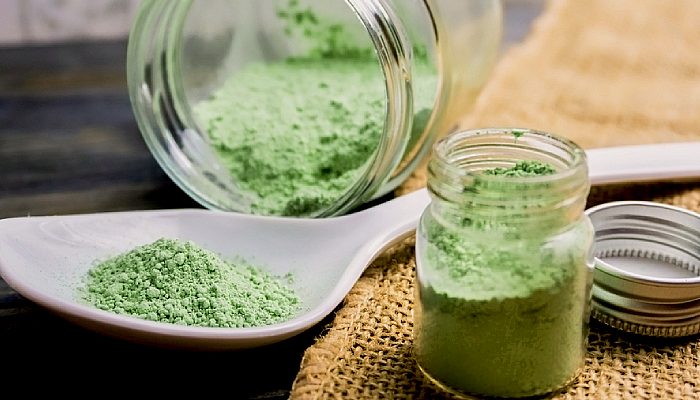
Kratom has been used as an alternative for managing pain and opioid withdrawal but does it show up on a drug test?
Kratom has gained popularity in recent years as an alternative to prescription painkillers and as a tool for managing addiction and withdrawal symptoms.
If you’re considering using or already using Kratom, you may have questions about whether it will show up on a drug test. You may be wondering how long does kratom stay in a person’s system. What is the detection window for Kratom use?
In this blog post, we’ll explore whether Kratom shows up on different types of drug tests and what you should know before undergoing a drug test.
What Is Kratom?
Kratom is a tropical tree native to Southeast Asia, in countries such as Thailand, Malaysia, and Indonesia. Its leaves contain active compounds that can have pain-relieving, anti-inflammatory, and mood-enhancing effects.
It has been used for centuries as a traditional medicine to treat a variety of conditions, including pain, diarrhea, and more recently, opioid withdrawal symptoms.
Kratom leaves can be ingested whole or brewed as tea, but they are also available in other forms such as capsules or powders. When used sparingly, it can have a stimulating effect but large doses of kratom can have a sedating effect similar to opioids.
Does Kratom Show Up on a Drug Test?
The answer is that it depends on the type of drug test being used. Kratom does not show up on a standard 5-panel drug test. This 5-panel drug test typically detects drugs from the person’s system including marijuana, cocaine, opiates, amphetamines, and PCP.
However, some employers or agencies may use a 10-panel drug test that includes additional substances, including kratom alkaloids. But even if the test specifically looks for kratom, the drug testing method may affect the result. For instance, getting urine or blood tests can show a better indication of recent Kratom use.
Does Kratom Show Up on a Urine Drug Test?
If a drug test specifically tests for Kratom like a 10-panel test, it may be detected in your urine for up to five days or even a week after use.
This detection window may vary depending on your usage frequency, amount of kratom dosage, as well as the person’s height, weight, fat percentage, and individual drug metabolism rate.
Does Kratom Show Up on a Blood Drug Test?
Yes, because like urine testing, blood tests can detect kratom but only if they are specifically testing for the substance.
Kratom may be detectable in blood for only a couple of days after the last use. This means that a blood test will only show very recent use of the substance.

Does Kratom Show Up on a Saliva Drug Test?
Saliva tests are becoming more common, especially in workplace settings. However, kratom does not typically show up on a saliva drug test, even if the test is specifically looking for the substance.
Does Kratom Show Up on a Hair Drug Test?
Hair tests are the most sensitive type of drug test and can detect drug use for up to 90 days. However, there is currently no evidence to suggest that kratom can be detected in hair samples.
Get Help for Kratom Abuse in Beverly Hills, CA
In conclusion, the answer to the question of whether Kratom shows up on a drug test is not straightforward. It largely depends on the type of drug test being used, and whether kratom is specifically being tested for.
If you’re unsure whether your drug test will include kratom, it’s always better to disclose any supplements or medications you’re taking before the test. Ultimately, the best way to avoid failing a drug test is to abstain from drug use or use them as prescribed by a medical professional.
If you or someone you love is struggling with substance abuse, addiction, or mental health issues related to the use of Kratom, contact our team of experienced professionals at Safe Haven Recovery today. Our specialized addiction treatment program in Beverly Hills, California offers comprehensive care and support every step of the way. We’re here to help you get on the path to long-term recovery and wellness.
Whether you’re struggling with opioid withdrawal or kratom abuse, we can help you start your recovery journey to avoid the negative long term effects of kratom and opioid abuse.









